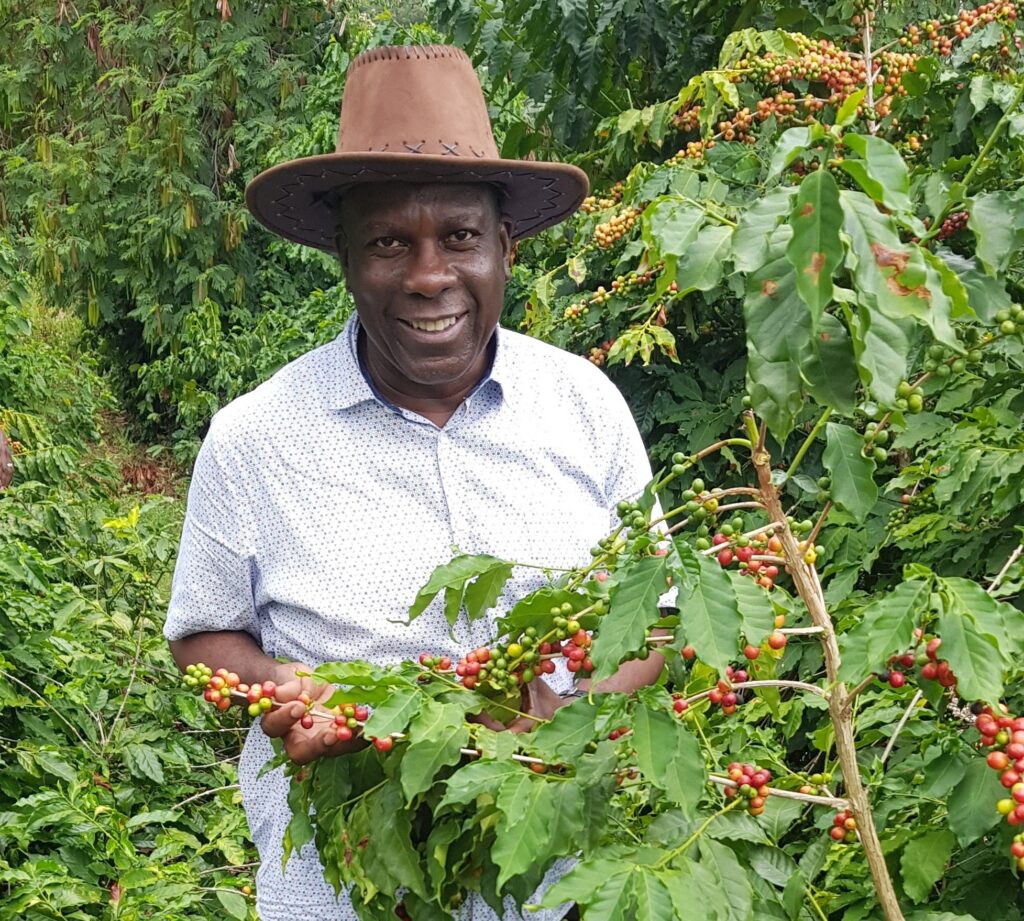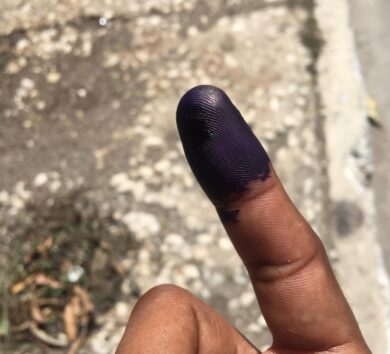

Chairman of the Jamaica Coffee Exporters Association (JCEA), Dr Norman Grant, has written to the acting director-general of the Jamaica Agricultural Commodities Regulatory Authority (JACRA), Wayne Hunter, recommending the withdrawal of the mandatory usage of the block chain platform utilised by JACRA, which the regulator claims is necessary to digitise Jamaica’s coffee exports and protect its entry into major global markets.
However, some farmers and processors are concerned about issues such as exposure to the theft of trade secrets, data ownership and heightened costs associated with the phased rollout of the platform.
In his letter, copied to Agriculture and Fisheries Minister Floyd Green, Grant stated, “Our position is against the background of the following:
- A Lack of transparency: Notwithstanding several meetings with JACRA and several requests to obtain a copy of the contract between JACRA and the sole source service blockchain provider, this has not been provided, thereby affecting the membership’s ability to assess the value and terms and conditions of the contract. Note that this contract will bind JCEA members to use a platform and pay fees to the blockchain, yet there was no input from JCEA members.
- Lack of need: The system is not required for the European Deforestation Regulations (EUDR) compliance. The EU market currently purchases only 2% of total Jamaican coffee exports, and the current buyers already have systems in place to meet the EUDR requirements, including traceability such as Hazard Analysis and Critical Control Points (HACCP), Safe Quality Foods (SQF) and International Organisation for Standards (ISO) certifications.
- Costs to Stakeholders: Based on the fees and charges that would be applied to stakeholders who use the blockchain platform, this would increase their costs by over $100 million, or $1000/box, which will ultimately reduce the price paid to the coffee farmers. At the same time, this traceability will not result in any increased revenues in the near future, and so this is a net cost to the coffee industry and farmers. The industry cannot afford these exorbitant costs at this time, as we are facing increased operating costs, declining productivity and resistance to price increases from buyers.
- Readiness of the Market: There are currently hundreds of international stakeholders (traders, roasters) primarily in Japan, China, Europe, UK, USA that import, trade and produce Jamaica Blue Mountain (JBM) finished products in various forms: bags, pods, cans, bottles, etc. They range in size from very large corporate entities (e.g. UCC, Nespresso, and Starbucks), to smaller businesses. Against the background that no coffee-producing country has yet implemented mandatory government-enforced traceability laws, there is a risk that Jamaica and JACRA’s decision on mandatory usage could backfire if our buyers decide not to comply, and instead simply switch to the many other competing speciality coffees from around the world. If our foreign buyers choose to stop buying JBM, this could mean the end of the Jamaican coffee industry.”

Dr Grant said the most critical concerns for the coffee sector now are “addressing the continued decline in coffee production and productivity”. He added that Jamaican producers do not have sufficient coffee to meet the global demand.
“JACRA’s priority focus should therefore be on working with our membership/farmers on key initiatives to increase the level of productivity and production of coffee. That is the most important issue facing our industry. If we don’t address this now, we will soon have no coffee to trace!” Grant emphasised.
He stated that the focus should instead be on implementing the following action plan:
“Full implementation of the Crop Restoration and Establishment Programme (CREP) resulting in the input support supplies programme of J$350M per annum over five years. This includes the supply of 1,000,000 coffee seedlings to farmers, fertiliser and chemical, training of farmers, research and development, the rollout of the coffee crop insurance scheme, the development and maintenance of the rural road network in the Jamaica Blue Mountain Regions, as well as building out irrigation capacity for the Jamaican coffee industry.
“Such support will result in increased production of coffee from 225,000 boxes to 450,000 boxes per annum over five years and increased earnings from the Jamaican Coffee Industry from US$25 million per annum to US$100 million over 10 years. Additionally, completion of the coffee registration programme would bring another 5,000 farmers into the picture, a game changer for the coffee industry and the rural economy and would benefit approximately 200,000 farm families in the coffee growing regions in Jamaica,” Grant outlined.







Comments